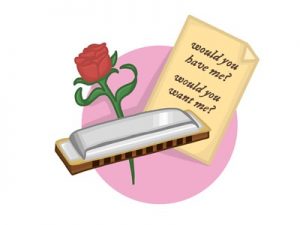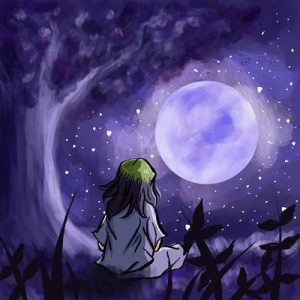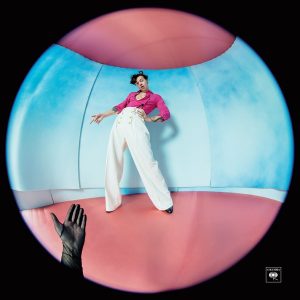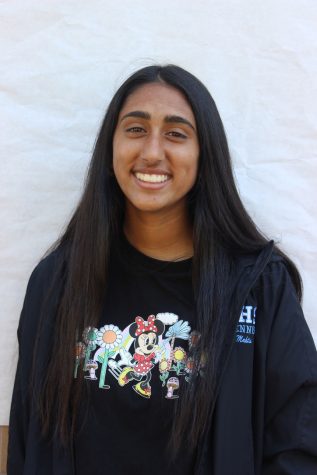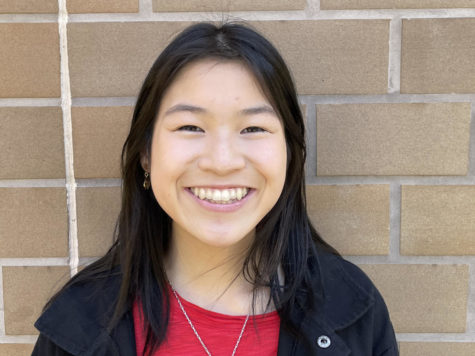Freddie Gibbs provides the perfect balance between traditional yet synth inspired rap on new album “Alfredo”
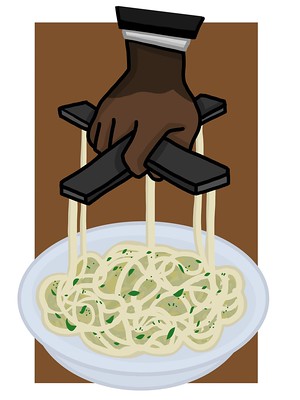
“Alfredo” has a perfect blend of traditional rap and modern music, resulting in a masterfully created album.
August 17, 2020
On May 29, 2020, American Rapper Freddie Gibbs released his second collaborative album with American Musician The Alchemist. Titled “Alfredo”, the album successfully steps back into traditional rap while allowing the features to shine, ultimately creating an engaging yet nostalgic album.
The album begins with “1985”, where Gibbs is initially seen having a conversation with Bernie Mac, who wrote the original song that Gibbs then sampled on this track. It then kicks straight into an electric guitar riff, shocking listeners. While the guitar continues in the background, still noticeable, what really draws listeners in is the flow of Gibbs. Gibbs does not seem to even take a breath as he continues to rap his verse until the final moments of the song. While the electric guitar enhances the song, it does not overpower Gibb’s voice, making for the perfect opening track.
“1985” segways perfectly into “God is Perfect”; it seems as though Gibbs wanted the previous song to connect directly into this one without any warning that the next track had started. The beat is much stronger in this song, and the addition of a repeating piano pattern creates an almost mysterious and dark tone to the song. Once again, the flow of this song is what really ties everything together, yet Gibbs still keeps listeners on their feet by the tonal variation in his voice, becoming raspier in certain parts of the song. The final 40 seconds of “God is Perfect” take an unexpected turn, as the synths with the light drumming in the background take listeners on a psychedelic trip through his music.
Keeping a similar pattern, “God is Perfect” flows right into the third track of the album, “Scottie Beam”, a personal favorite featuring American rapper Rick Ross. The song begins with a beautiful piano melody, but the same psychedelic ending present in the previous track is still roaming, just not as obvious. It allows for a calming, almost angelic opening to the song. When Gibbs begins, his smooth voice takes the center stage, rapping “Yeah, the revolution is the genocide/Look, your execution will be televised”, a reference to Gill Scott-Heron’s “The Revolution Will Not Be Televised”. What’s even more interesting is that Gibbs actually sampled this song in the outro of the previous track, highlighting his aim to really tie each track together. Gibbs continues to rap about police brutality, an emotional verse yet true for the reality of many Black people in America: “He pulled me over, I asked him, “Yo, what’s the problem, sir?/I swerved to duck the potholes, man, I had no option, sir/Just let me go ’cause my license, insurance proper, sir”. Although rapping, it is easy to tell Gibb’s anguish over police brutality, and Rick Ross is able to match this energy with his immiscible flow and tonal variation in his verse. Overall, the message behind this song alongside the way each part of the track fits perfectly together is what makes it truly stand out in this album.
“Look At Me”, track four on the album, maintains a similar theme on the album with a high pitched falsetto voice repeating “Look At Me” as Gibbs continues to rap his verse. The song brings listeners into an almost dreamy state, a difficult task to accomplish when incorporated with traditional rap style.
An album favorite, featuring Grammy winner Tyler, the Creator, is “Something to Rap About”. The song begins with a funky and unusual electric guitar that plays for the entirety of the song, and it’s then clear that Gibbs wants listeners to focus on the meaningful lyrics of the song. Gibbs begins rapping about the internal conflict between his past and present self, telling his listeners that “Crime f****n’ pays, but once you paid, you gotta pay the man”, a reference to the reality of the crime life he was once in. On the flip side, Tyler begins to rap about his newfound fame in the past years after being neglected from the industry for so long. “I used to be a Goblin under them bridges, now I’m a businessman”, referencing his second studio album “Goblin” which he deeply disliked, in comparison to him now as a successful businessman with his GOLF le FLEUR apparel line. Tyler continues to mention how his fans claim to “miss the old Tyler”, when all he really wants is for his fans to allow him to grow and explore himself.
Steering away from the more traditional rap style, songs such as “Baby $**t” and “All Glass” have a more modern take on rap, with an upbeat tone, impressive flow, and a song listeners can really get into if they prefer “hype” songs.
Gibb’s traditional take on rap infused with synths and experimental chords, along with a beautiful flow in every song is what makes “Alfredo” one of a kind. From a perfect set of features throughout the album, to the meaningful lyrics that is often not seen in modern day hip hop, this album can truly be enjoyed by all audiences.

